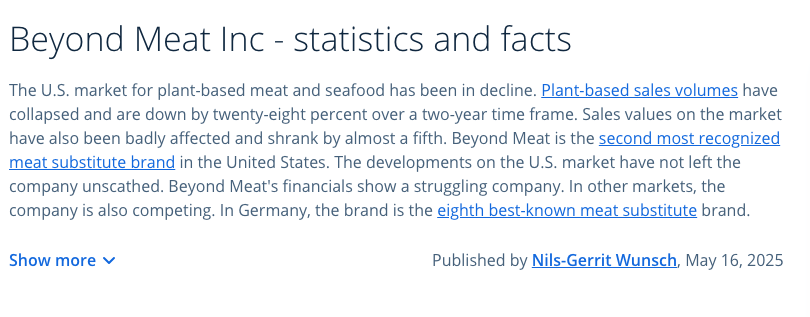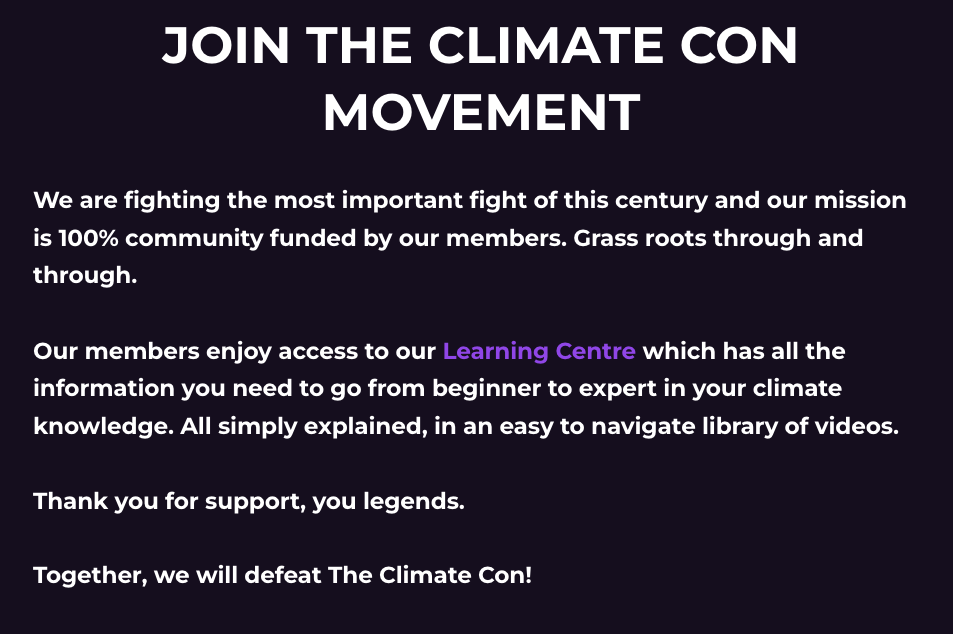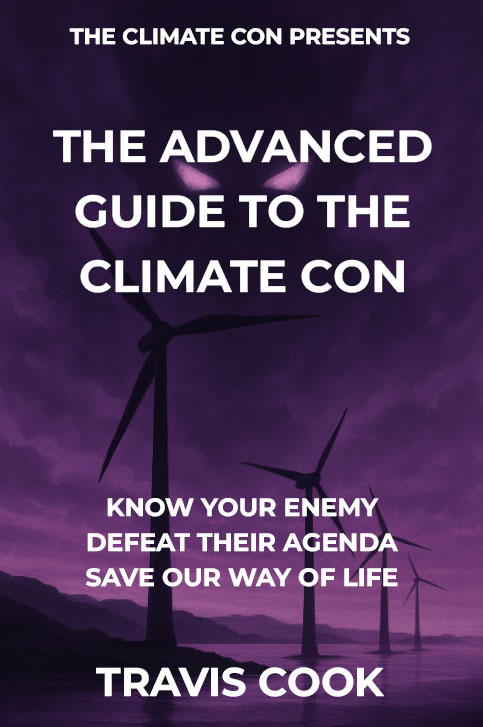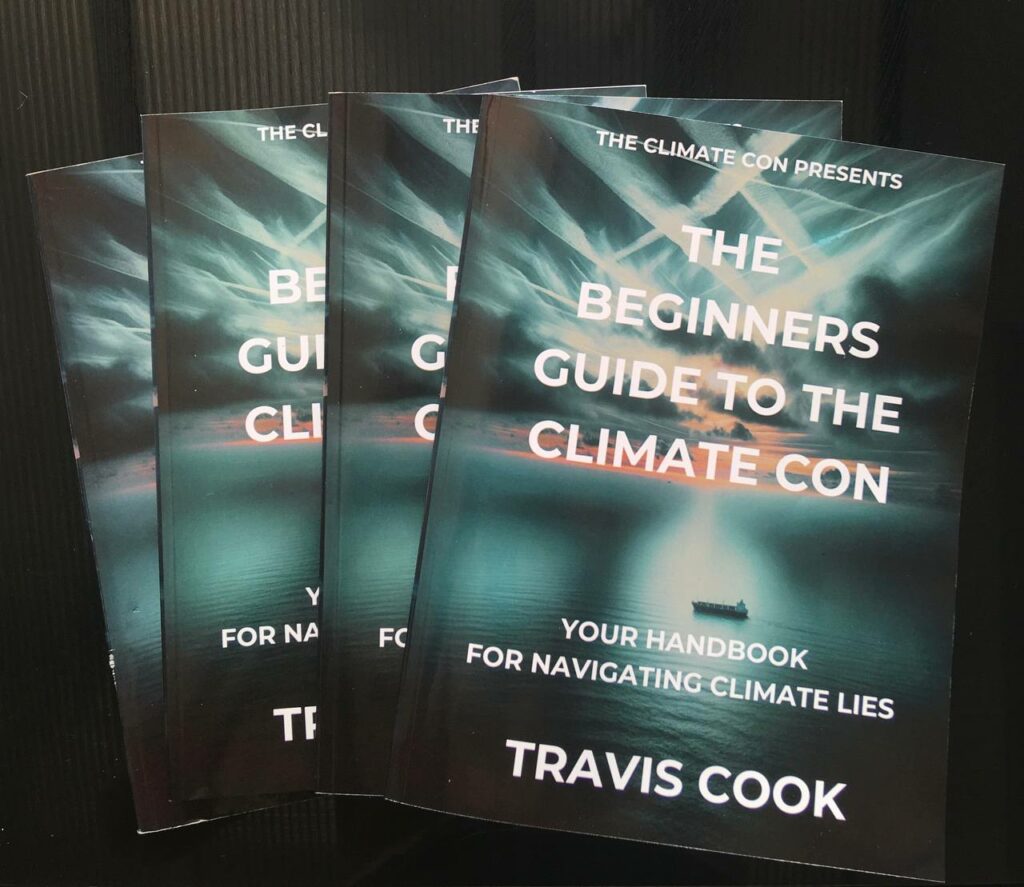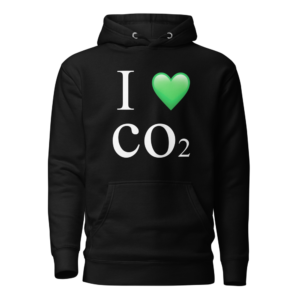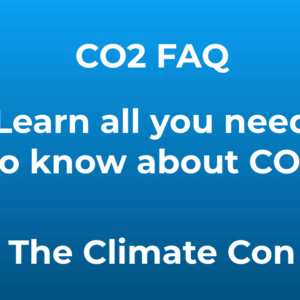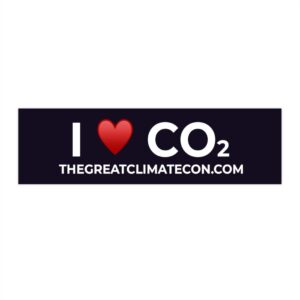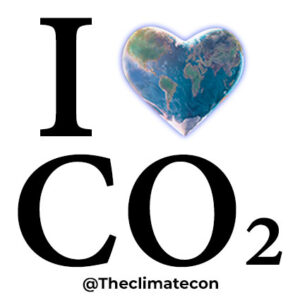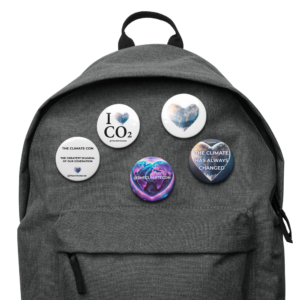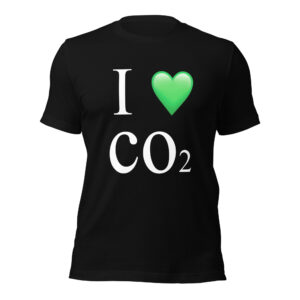People are waking up and smelling the steak

In recent years, the plant-based meat industry, spearheaded by companies like Beyond Meat, promised a revolution: delicious, eco-friendly alternatives to traditional animal products that would save the planet from the supposed horrors of climate change. But as consumers wake up to the realities of nutrition, taste, and the flawed narratives around CO2 emissions, many are ditching these ultra-processed imitations and returning to the real deal, juicy steaks, hearty burgers, and nutrient-dense meats. This shift isn’t just a fad; it’s a rejection of overhyped environmental alarmism. Far from being the villain it’s portrayed as, CO2 is a vital plant nutrient that fuels greener growth, and the mild warming we’ve experienced lately is largely driven by natural cycles, not human activity as covered in the recent podcast with Dr Robert Holems where we took a deep dive into the cycles of nature and our cosmos.
Time to unravel why people are going beyond Beyond Meat, backed by the latest sales figures and the truth on our changing climate.
The Decline of the Plant-Based Hype: Recent Sales Tell the Tale
Beyond Meat burst onto the scene in 2019 with skyrocketing sales, positioning itself as the savior for a world allegedly overheating due to livestock emissions. But fast-forward to 2025, and the numbers paint a starkly different picture. The company’s net revenue has been in freefall for years, reflecting consumer fatigue with products that often fall short on flavor, texture, and health benefits compared to natural meats.In 2024, Beyond Meat’s full-year net revenue plummeted to just over $326 million, marking a continued decline for the third consecutive year. This downward trend accelerated into 2025. The first quarter saw net revenues drop 9.1% year-over-year to $68.7 million, while the second quarter fared even worse, with revenues falling 19.6% to $75.0 million. Gross profits also took a hit, coming in at $8.6 million for Q2 2025, with a margin of only 11.5%—a far cry from the company’s peak profitability. Trailing twelve-month revenue as of late June 2025 hovered around similar lows, underscoring a company fighting for survival amid operational losses of 45 cents per dollar of sales in 2024.
These statistics aren’t isolated; they mirror a broader market rejection. While early adopters were swayed by marketing campaigns tying meat consumption to “climate catastrophe,” savvy consumers are now prioritising whole foods over lab-engineered patties loaded with additives. Reports indicate that even as competitors like Impossible Foods struggle similarly, traditional meat sales remain robust, buoyed by growing awareness that grass-fed beef and pasture-raised poultry offer superior nutrition without the environmental guilt trip.
And get this, eating meat is good for the planet anyway.
We're Pro CO2, Warming, And Real Meat, For Good Reason
The push for plant-based alternatives like Beyond Meat has long been fuelled by the mainstream narrative that CO2 from agriculture, particularly methane from cows, is accelerating global warming to dangerous levels. But this view ignores the bigger picture: CO2 is not a pollutant; it’s the essence of life on Earth. As atmospheric CO2 levels rise modestly, plants thrive, leading to increased crop yields and greener landscapes worldwide. In fact, higher CO2 acts as a natural fertiliser, enhancing photosynthesis and making our planet more productive for both agriculture and ecosystems.Moreover, the recent warming we’ve observed isn’t the apocalyptic crisis it’s made out to be, it’s beneficial and largely natural. Historical data shows that Earth’s climate has fluctuated through cycles driven by solar activity, orbital variations, and volcanic influences, not human emissions. Past interglacial periods, for instance, saw warmer temperatures than today, triggered by changes in Earth’s distance from the sun and axial tilts that amplified sunlight on icy regions.
These Milankovitch cycles explain much of the variability in our climate history, and evidence suggests they’re at play in the mild warming of the last century, warming that has extended growing seasons, reduced cold-related deaths, and opened up new arable lands in northern regions.
Pro-warming? Absolutely. A slightly warmer world means fewer harsh winters, more bountiful harvests, and thriving biodiversity. The alarmist focus on CO2 distracts from real environmental issues like habitat loss and pollution from industrial processing, ironically, the very processes used to create plant-based meats. By rejecting the anti-meat agenda, consumers are embracing a more holistic view and discovering the truth about CO2. Just like you can with our new CO2 FAQ course. Which is free for all of our members.
As Beyond Meat’s sales slump, anecdotes and surveys reveal why people are moving on. Many cite taste fatigue, plant-based burgers often mimic meat poorly, relying on heavy seasoning to mask their origins. Health concerns play a role too; real meat delivers complete proteins, B vitamins, and iron in bioavailable forms that synthetics can’t match. And with the CO2 scare losing steam, the “save the planet” pitch falls flat. Why sacrifice enjoyment for a narrative that overlooks natural climate drivers?
Innovations in regenerative agriculture are further tipping the scales. Farmers using holistic grazing methods are proving that meat production can enhance soil health and biodiversity, countering the factory-farm critiques often lobbed at the industry. Meanwhile, Beyond Meat faces lawsuits over misleading health claims and grapples with inventory write-downs, signalling internal woes that mirror external disinterest.
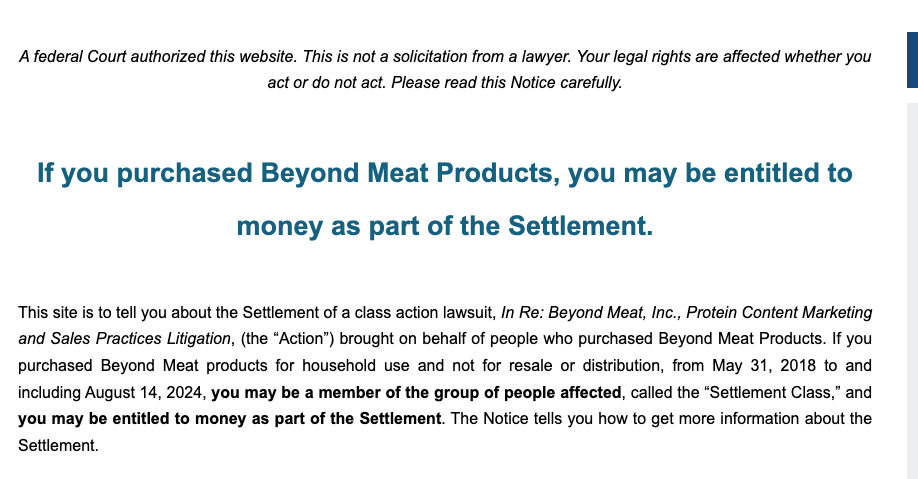
Is it wrong of me to take enjoyment of a climate cult company being taken down in law suits? Maybe. It might just be as enjoyable as the real meat bacon from the butchers and the eggs from the chickens down the road I just ate.
Continue Your Learning

Climate Working Group Disbanded
Our enemies cannot handle a debate because the truth is too powerful. Instead, they do everything possible to silence opposition.
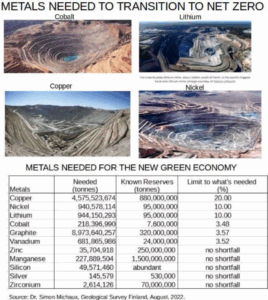
Net Zero Is Mathematically Impossible
Not only does net zero fail a logic test, it fails a maths test even more significantly. Numbers and facts don’t lie, no matter how loud the climate cult cry.
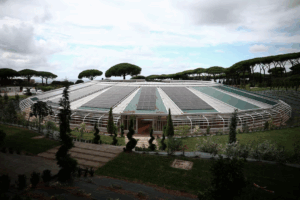
A Ridiculous Foray into Eco-Fantasy: The Vatican’s “Borgo Laudato Si” A New Climate Cult Centre
For some reason the pope is joining the ranks of the climate cult and is opening a new eco centre to supposedly inspire others to join the climate cult.

Net Zero Banking Alliance Defeated
The net zero banking alliance all but admits defeat as they pause operations and their future hangs in the balance of a members vote.

The Climate Is Always Changing And That’s A Good Thing
The climate is always changing and that is a good thing. I could adapt to it being a bit warmer in the UK quicktime, how about you?

Oil Rig Parts Maker Nearly Completely Abandons Operations Due To ‘cult of carbon’
The UK is getting left behind as the decimation of our industry continues under the banner of net zero. When we realise we don’t need any of this and claim our true abundant destiny?
Our Products
-
Accessories
Chemtrail Awareness Sticker 2
£3.33 – £3.83 This product has multiple variants. The options may be chosen on the product page -
Clothing
I Love CO2 Hoodie
£28.00 – £30.00 This product has multiple variants. The options may be chosen on the product page -
Accessories
I Love CO2 Sticker
£3.33 – £3.83 This product has multiple variants. The options may be chosen on the product page -
Accessories
No Digital ID Stickers – International
£3.50 – £4.00 This product has multiple variants. The options may be chosen on the product page -
Accessories
I Love CO2 Shirt
£17.20 – £29.20 This product has multiple variants. The options may be chosen on the product page -
Accessories
Chemtrail Awareness Sticker 1
£3.33 – £3.83 This product has multiple variants. The options may be chosen on the product page -
Accessories
Stuck Farmer T-Shirt
£18.00 – £24.00 This product has multiple variants. The options may be chosen on the product page
Track The Cost Of Net Zero
Stay ahead of the transition with real-time cost monitoring and optimization tools.
Access Cost Trackers →
